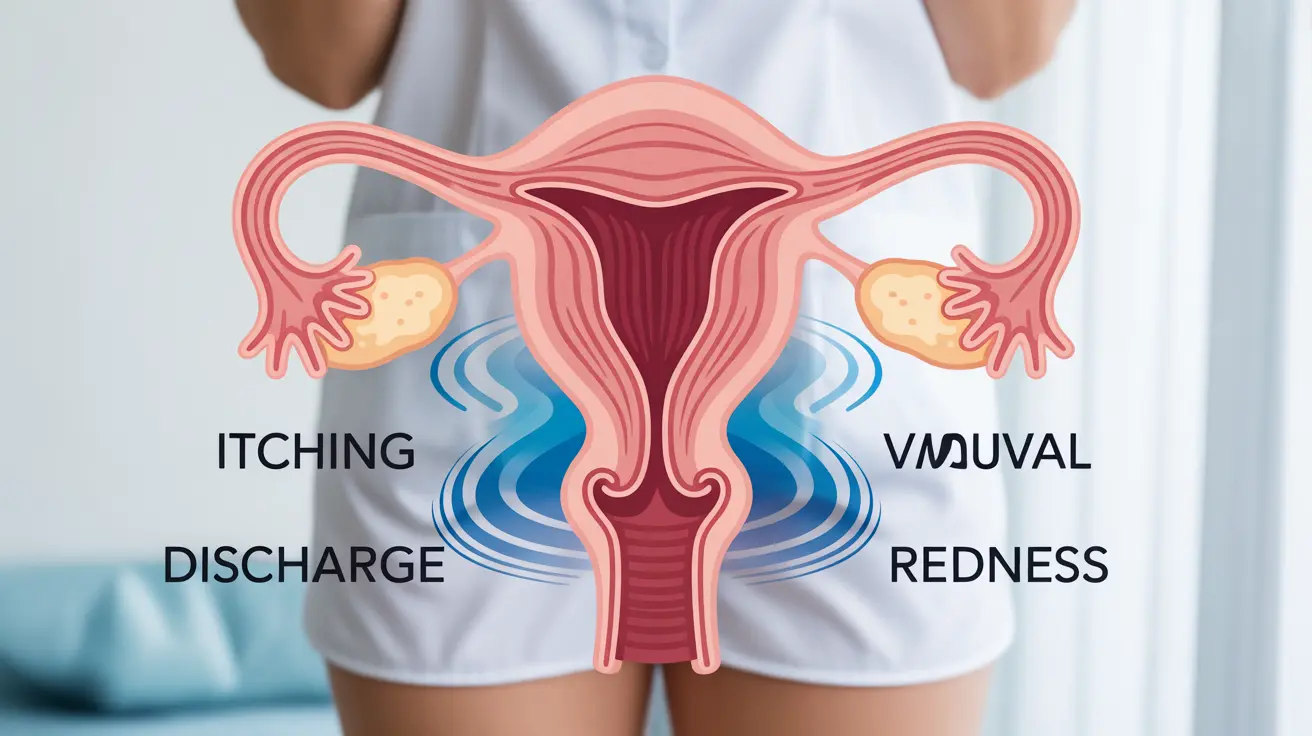In recent years, discussions about "blue waffle disease" have circulated widely on social media and various internet platforms, causing unnecessary concern and confusion. It's crucial to address this topic with accurate medical information to help people distinguish between internet myths and legitimate health concerns.
This article will examine the facts about this alleged condition, discuss real vaginal health issues that require medical attention, and provide evidence-based information to help you understand the importance of sexual health and proper hygiene.
Understanding the Blue Waffle Disease Myth
First and foremost, it's essential to state clearly: blue waffle disease is not a real medical condition. This fictional illness gained traction through viral internet stories and manipulated images, but it has no basis in medical science. No legitimate medical literature or healthcare organizations recognize this as a genuine condition.
Real Vaginal Health Conditions to Be Aware Of
Common Vaginal Infections
Instead of focusing on fictional conditions, it's important to understand real vaginal health issues that may require medical attention:
- Bacterial vaginosis
- Yeast infections
- Trichomoniasis
- Sexually transmitted infections (STIs)
- Vaginal irritation from allergies or sensitivities
Recognizing Legitimate Symptoms
If you experience any of the following symptoms, consult a healthcare provider:
- Unusual discharge
- Itching or burning sensation
- Strong or unpleasant odor
- Pain during urination or intercourse
- Redness or swelling
The Importance of Sexual Health Education
Internet myths like blue waffle disease can distract from important conversations about sexual health. Understanding factual information about STIs and vaginal health is crucial for maintaining overall well-being and making informed healthcare decisions.
Maintaining Vaginal Health
To maintain optimal vaginal health:
- Practice good hygiene
- Use protection during sexual activity
- Get regular gynecological check-ups
- Wear breathable, cotton underwear
- Avoid douching or using harsh soaps
When to Seek Medical Care
Don't let internet myths prevent you from seeking proper medical care. Contact a healthcare provider if you experience any unusual symptoms or have concerns about your sexual health. Early diagnosis and treatment of real conditions are essential for optimal health outcomes.
Frequently Asked Questions
- What causes blue waffle disease and is it a real sexually transmitted infection?
Blue waffle disease is not a real medical condition or sexually transmitted infection. It's an internet hoax that has no scientific basis. If you have concerns about STIs, consult a healthcare provider for accurate information and testing.
- What symptoms are commonly mistaken for blue waffle disease in real vaginal infections?
Common symptoms of real vaginal infections include itching, burning, unusual discharge, and discomfort. These symptoms can indicate conditions like yeast infections, bacterial vaginosis, or STIs, which require proper medical diagnosis and treatment.
- Can poor hygiene or multiple sexual partners cause blue waffle disease?
Since blue waffle disease isn't real, it cannot be caused by any factors. However, poor hygiene and unprotected sex with multiple partners can increase the risk of developing legitimate infections and STIs.
- How can I tell the difference between blue waffle disease myths and real STIs?
Consult reputable medical sources and healthcare providers for accurate information about STIs. Legitimate medical conditions are well-documented in scientific literature and recognized by medical professionals.
- What should I do if I have symptoms like vaginal itching, burning, or unusual discharge?
If you experience these symptoms, schedule an appointment with a healthcare provider for proper diagnosis and treatment. These could be signs of real medical conditions that require attention.




